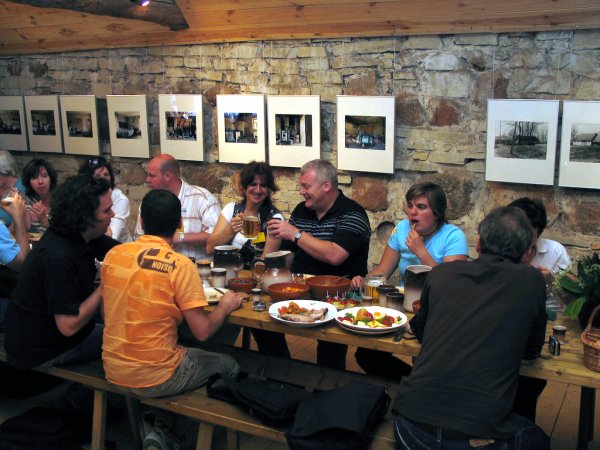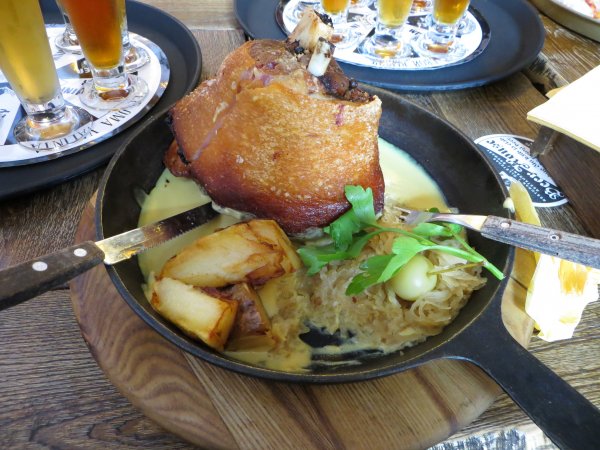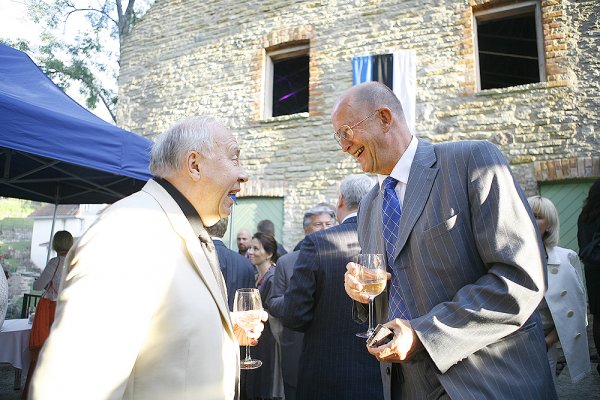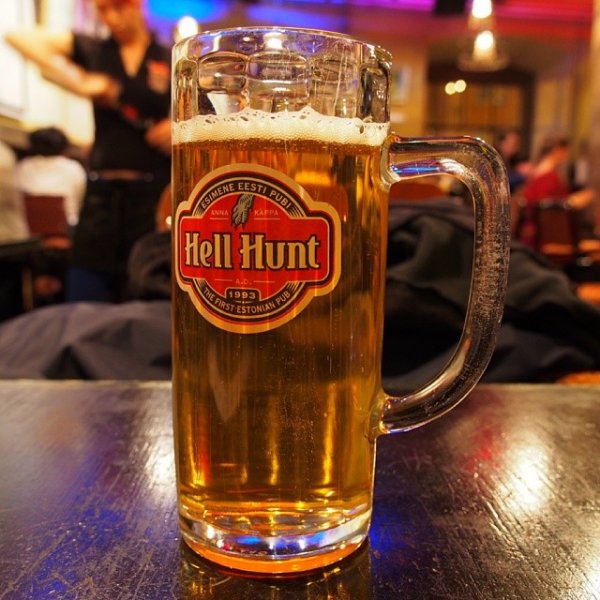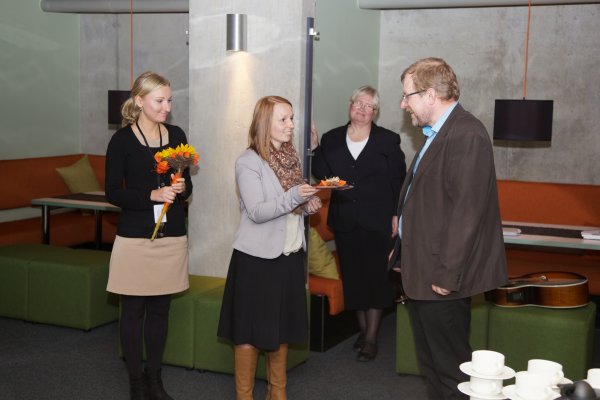Activities
While most Estonians do not place great importance on personal relationships in business as some do in other countries, eating and drinking are integral aspects of Estonian business. Since conversations during meetings will remain focused on business, lunches and dinners provide the social occasions that will allow your Estonian colleagues to get to know you as an individual, and will give you a chance to get to know them. Estonians enjoy hosting visitors. It is common to continue business meetings over lunch or dinner, but in these settings, the conversation will generally become more social.
Visitors should be aware that Estonian food can be quite heavy compared to other cuisines, and alcohol consumption during business lunches is common. Estonian cuisine has been influenced by neighboring eastern European countries. Some traditional dishes include marinated eel, blood sausage, boiled pork in jelly, sauerkraut, and rye bread. While locally brewed beers accompany most plates, wine is becoming more popular in Estonia.
If you will be in Estonia on an extended stay and want to reciprocate your host's hospitality, host a meal for your counterparts. Seek advice from other local contacts to determine the best venue and menu, and never try to outdo your Estonian counterpart. Lunch will typically occur between 1 and 3 p.m., while dinner will usually take place around 6 or 7 p.m.
Etiquette
When dining at a restaurant in Estonia, s/he who extends the invitation pays the bill, and splitting the check is not common. Always remain standing until you are invited to sit down at the table, and observe formal table manners. For example, you will need to use Continental table manners, including holding the fork in the left hand and the knife in the right. Never begin eating until the host or hostess says head isu (good appetite), and avoid resting your elbows on the table. Try everything, and attempt to finish all items on your plate. Always compliment the host or hostess on the meal, and if you are having dinner at someone's home, always offer to help the host with preparation or cleaning up after the meal.
If invited to your Estonian counterpart's home, always arrive on time. Punctuality is expected, and you should always call if you will be more than five minutes late. Some Estonians do not wear shoes inside the home, so check to see if you need to remove your shoes. Homes are considered private, so do not expect a tour. Visitors should always arrive with a gift for the host or hostess. Gifts in Estonia are more about the thought than the monetary worth. For example, if you know your host has a child, you can bring a candy bar from your native country. Appropriate gifts for your host include a fine wine or liquor, chocolate, or flowers in odd numbers. Never give chrysanthemums or yellow flowers, as these are used at Estonian funerals. Gifts will usually be opened on the spot, and you should always send your host a handwritten thank you note the day after the dinner.
Business dinner conversations will typically focus on getting to know each other. Let your Estonian host lead the conversation. Some appropriate conversation topics may include your home country, Estonian culture, and sports. Avoid controversial topics, such as religion, politics, and Estonia's Soviet past. Dress conservatively when attending social events to demonstrate your respect for the host. For example, most evening engagements will call for dresses or skirt-and-blouse combinations for women, with ties and jackets for men.
Article written for World Trade Press by Kerrie Main.
Copyright © 1993-2025 World Trade Press. All rights reserved.


